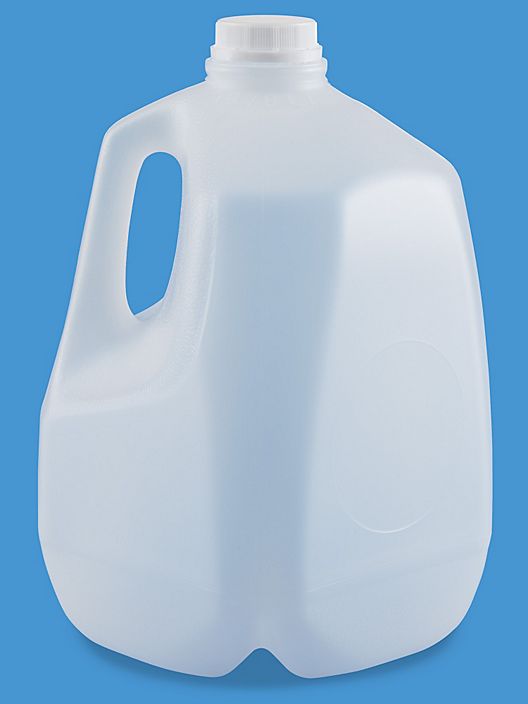“Do you have enough insurance?” asks any insurance salesman you meet at a party. Do we?
Right now, with a few clicks of a button you can buy insurance for your
- · Car
- · Health
- · Life
- · Home
- · Possessions
- · Car Rental
- · Long Term Disability
- · Pet’s Health
- · Loss of Limb (not about trees…)
- · Various Body Parts
- · And our favorite, “Change of Heart” insurance, in case right after an expensive wedding, you change your mind.
But, we don’t have Food Insurance or Drinking Water Insurance. The two things we just can’t do without, no one has figured out a way to offer us insurance.
Well, here at the Beneficial-Use Water Alliance and Encore Green, we think we have created the first ever insurance policy for food and water. Well, sort of.
The aquifers for drinking water need to stay replenished, right. You will get thirsty later today.
The hard-working farmer is growing enough food for us all, but he can’t do it without water. And we want him to keep at it, because we will get hungry later today.
We need to know we will always have food and water. Well, follow the below for a moment:
The oil industry creates by-product water from pumping oil and that water is disposed of by injecting it back into the ground or letting it evaporate. We’re talking billions upon billions of gallons of water each year.
Encore Green has developed a methodology to take that by-product water, clean it up, and put it right onto crops and for livestock to drink.
That way the farmer and rancher have a new source of water for lands and herds.
And, if the water needed for agriculture use is coming from a brand-new source, then the water for drinking in the aquifer is not being drained and therefore there’s more water.
See, turning by-product water into beneficial-use is an insurance policy for food and drinking water.
So, do you have enough insurance?
#beneficialusewater #BUWA #water










